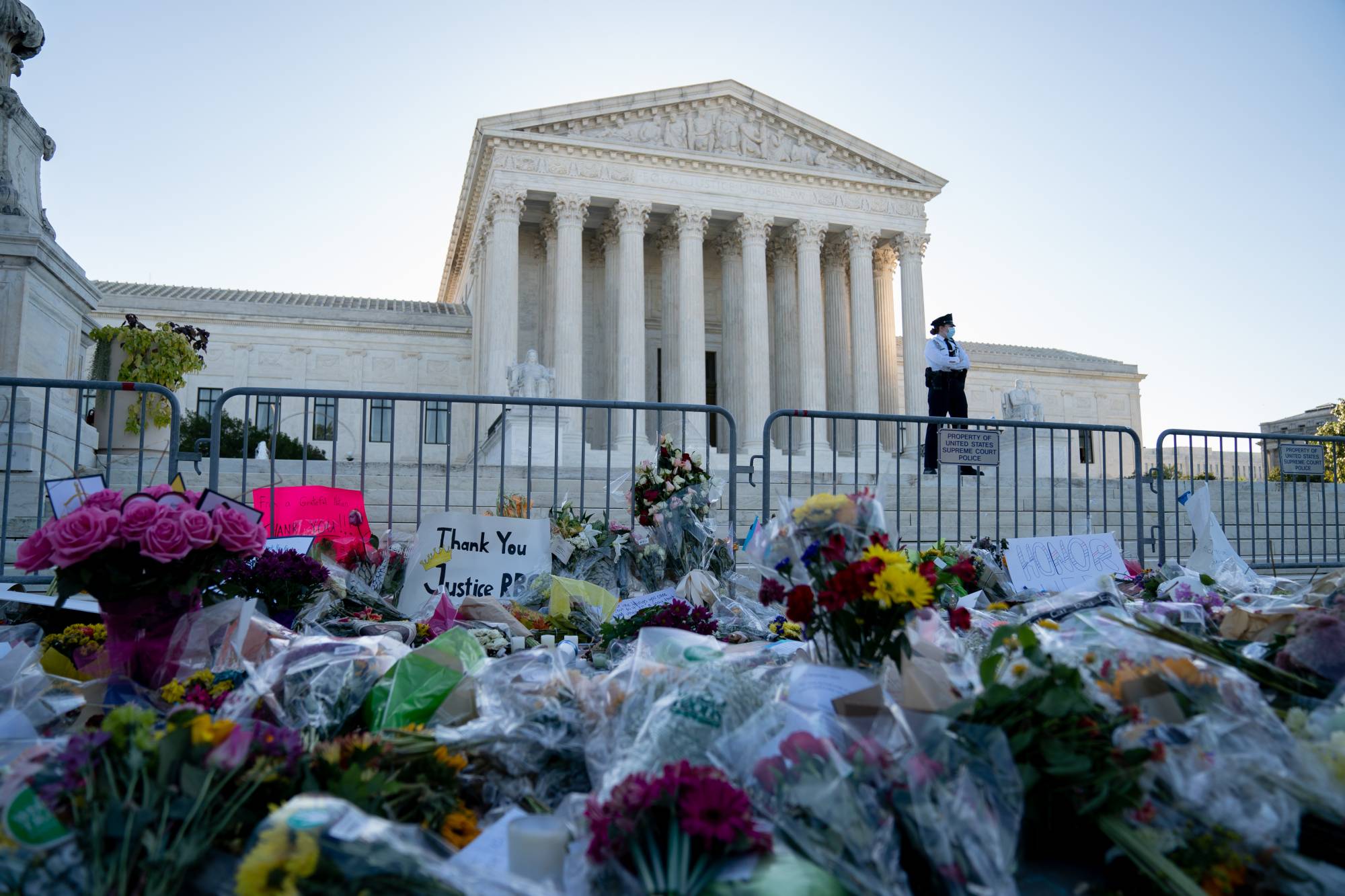Everyone understands why U.S. President Donald Trump and Senate leader Mitch McConnell are in such a rush to replace Ruth Bader Ginsburg with a new Supreme Court justice: It’s the election, stupid. The date that matters isn’t Jan. 20, Inauguration Day. It’s Nov. 3, Election Day. The president and Senate majority leader want their justice in place in case we see a contested election in a replay of Bush v. Gore.
If this prospect terrifies you, your fear is not unreasonable. Until Ginsburg died, those of us who spend our time worrying about scenarios in which the election goes to the courts had some partial solace for our concerns: Chief Justice John Roberts doesn’t want the court to be seen as partisan. Yes, he’s a conservative. Nominated by George W. Bush, he’s had an obvious willingness to issue rulings that have helped Republicans — most notably, his decision eviscerating the Voting Rights Act in the 2013 case of Shelby County v. Holder — but Roberts cares a lot about the reputation of the Supreme Court.
It was therefore possible to think that, as the swing vote, Roberts would shy away from joining a conservative majority in a 5-4 decision handing the presidency to Trump. Such a vote would have undermined the chief justice’s whole project of protecting the court from appearing to be a subsidiary of the Republican Party. That’s one reason leading election law scholars like Professor Nathaniel Persily of Stanford Law School, who I interviewed on my podcast this month, expect that Roberts would not want to throw a contested election to Trump.



















With your current subscription plan you can comment on stories. However, before writing your first comment, please create a display name in the Profile section of your subscriber account page.